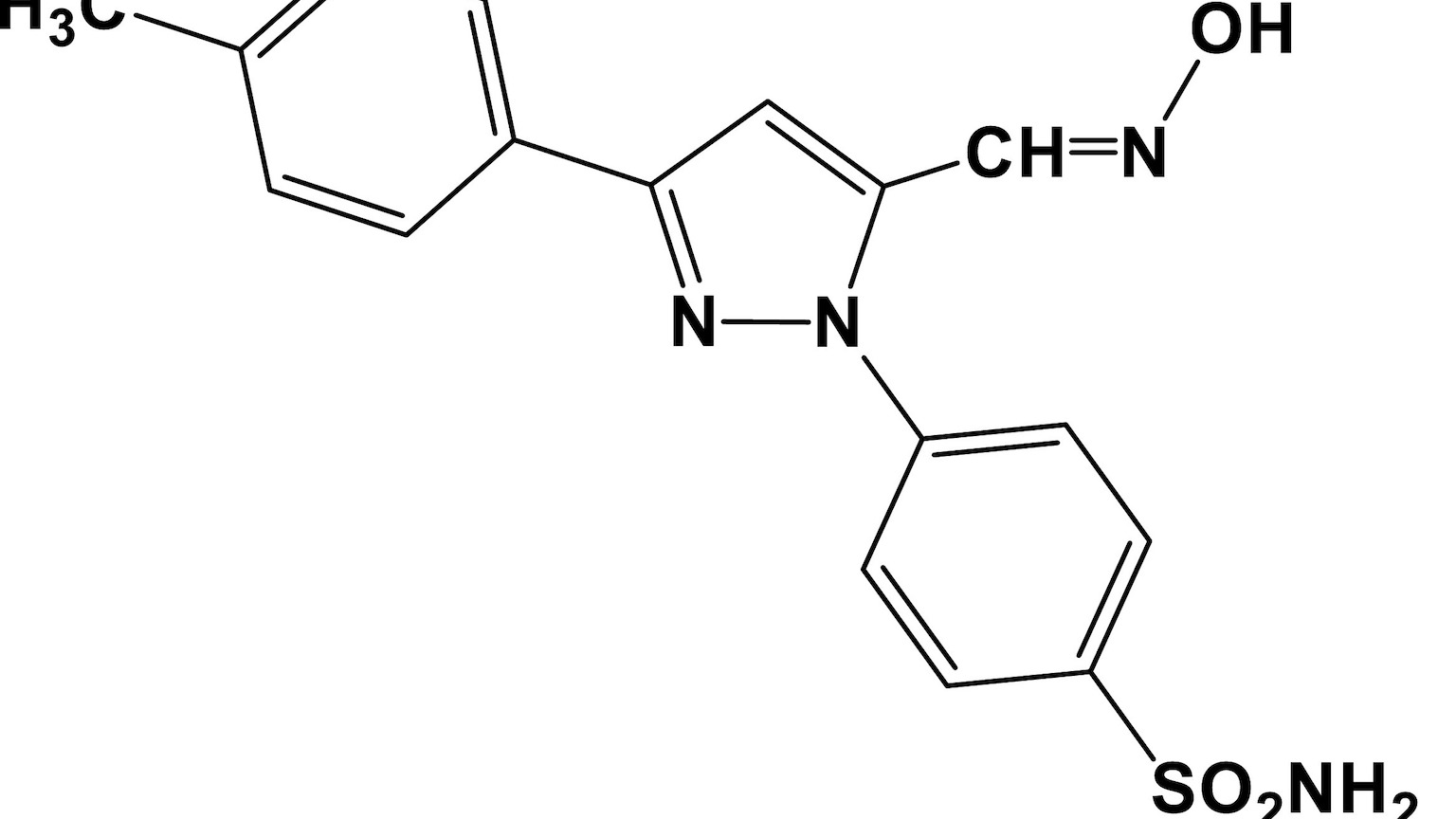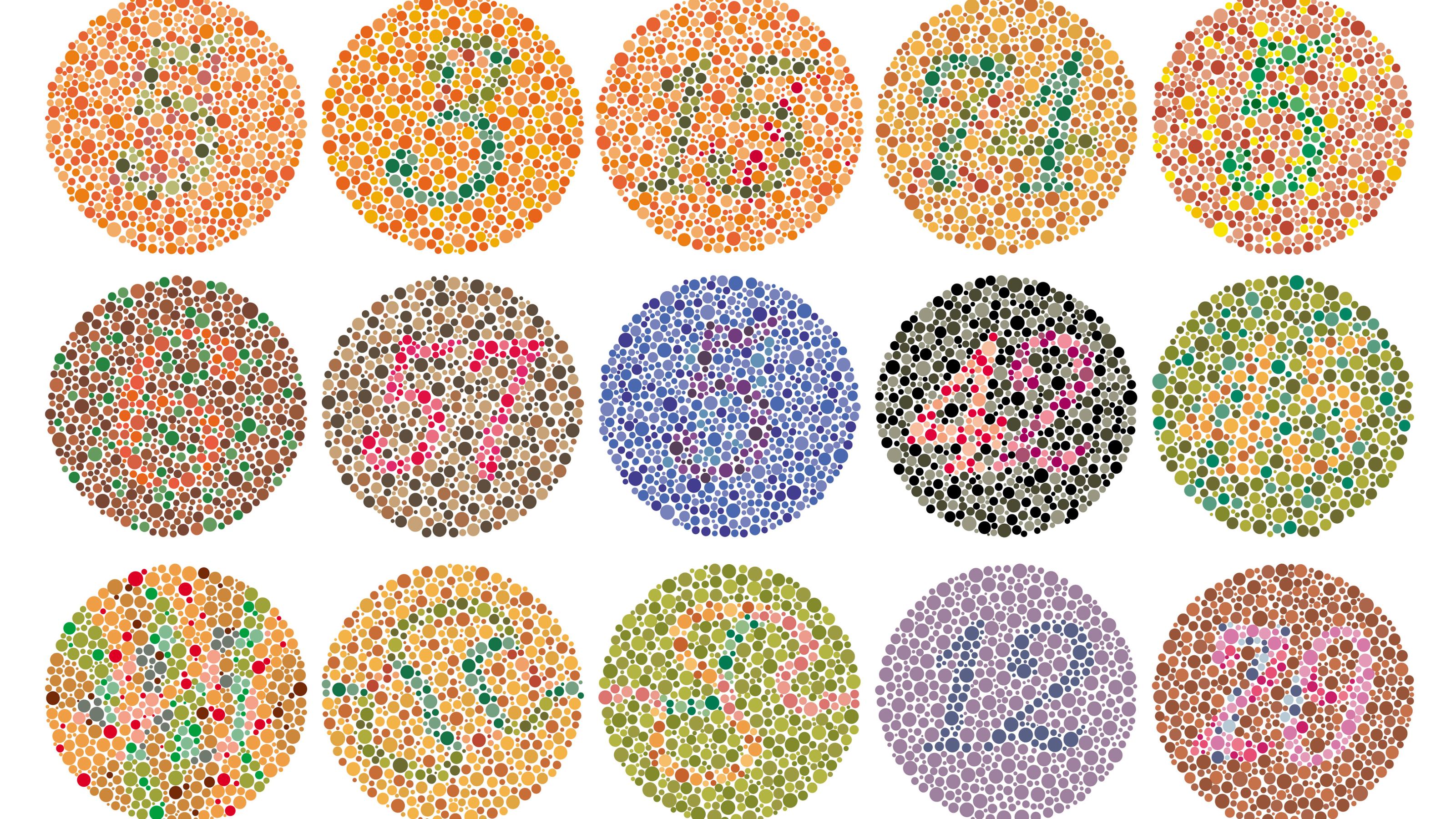Tirzepatide: A novel obesity drug ushers in a new era of weight loss — because this one works

- Patients who received tirzepatide in a recent clinical study lost more than 20% of their body weight (52 pounds, or 23.6 kg).
- The drug is the first of its kind and replicates the signaling of two hormones involved in insulin production, one of which was believed to cause obesity.
- Scientists are still working out how the drug works, but one theory is that by merging the two hormones, they “accidentally” created a new synthetic hormone.
A new weight loss drug is getting a speedy review by the FDA, and some financial analysts predict that it could break records, with up to $48 billion in annual sales. According to a recent clinical study, patients who received a high dose of the drug tirzepatide lost up to 21% of their body weight (an average of 52 pounds, or 23.6 kg), more than any other weight loss medication. Strangely enough, tirzepatide wasn’t designed to treat obesity; in fact, it mimics a hormone traditionally believed to cause weight gain.
The obesity epidemic
Fat cells (adipocytes) secrete hormones that regulate metabolism, affect satiety, and trigger inflammation. Obesity develops when these cells accumulate more lipids than they can handle, which causes them to malfunction. The overloaded fat cells release molecules that can cause a cascade of metabolic and inflammatory problems that increase a person’s risk of other serious conditions and diseases such as diabetes, hypertension, cardiovascular disease, cancer, asthma, and hypercholesterolemia.
To ease the stress of the lipid-ladened cells (and thus repair metabolic and inflammatory dysfunction), people with obesity often need to reduce their body weight by at least 5% to 10%. The traditional intervention to achieve this reduction is lifestyle changes (for instance, better diet and more exercise). However, these changes don’t work for everyone. Even if they do work, they rarely work quickly, and when it comes to metabolic and inflammatory dysfunction, the sooner it is repaired, the better.
Tirzepatide: a diabetes medication that causes weight loss
A handful of drugs can reduce body weight by 5% to 10%, but similar to lifestyle changes, they don’t work for everyone. For example, orlistat, approved in 1999, only works in about half of patients. However, that trend has changed in recent years. Semaglutide, approved in 2021, helped 86% of patients drop at least 5% of their body weight, with an average weight loss of 15% (compared to 2.4% for placebo). Since its approval, semaglutide (sold under the brand name Wegovy) has been hailed as a “transformative breakthrough” in the battle against obesity. However, the new drug, tirzepatide, has left semaglutide in its shadow: 91% of patients saw a reduction of at least 5%, with an average weight loss of 21% for the highest dose (compared to 3.1% for placebo).
Surprisingly, tirzepatide wasn’t originally designed to treat obesity. It is also the first drug to mimic a pair of hormones released by the gut that stimulate insulin production following a meal: glycogen-like protein-1 (GLP-1) and glucose-dependent insulinotropic polypeptide (GIP). Because the two molecules stimulate insulin (which encourages body cells to take up glucose, thus dropping blood glucose levels), the researchers suspected tirzepatide would make a good type 2 diabetes treatment, and those assumptions were correct.
Clinical trials revealed that the dual-targeting drug helped about 50% of the patients achieve long-term glucose control. However, those trials also revealed a big surprise: Tirzepatide provides weight loss that surpasses the leading weight loss drugs. In other words, it seemed that tirzepatide effectively treats two of the most common diseases in the world: obesity and diabetes. This was a bit surprising, considering GIP used to be considered “the obesity hormone.”
Tirzepatide acts like a new synthetic hormone
Of the two hormones that tirzepatide mimics, GLP-1 is by far the most well studied. It’s a powerful tool for weight loss because it reduces appetite and food intake; it’s a powerful tool in diabetes management because it stimulates insulin production. Some popular weight loss medications (like semaglutide) and dietetic medications share structures with GLP-1 and stimulate the GLP-1 receptor.
GIP, on the other hand, is a bit of a mystery. Although it was discovered a decade before GLP-1, tirzepatide is the first drug that has harnessed its therapeutic potential. While GLP-1 inhibits appetite and food intake, GIP does not have such effects. On the contrary, many studies suggest that GIP promotes obesity, earning it the moniker the “obesity hormone.” For example, humans with genetic defects in the GIP receptor are more likely to have lean body mass. Therefore, scientists generally believed that blocking the GIP receptor would induce weight loss; however, tirzepatide stimulates the GIP receptor.
Unsurprisingly, scientists don’t completely understand tirzepatide’s remarkable weight-losing results. One theory is that tirzepatide acts like a new synthetic hormone that triggers slightly different cellular processes than the natural hormones it was designed to mimic. Cells in the gut secrete GLP-1 and GIP as two separate molecules that can interact with their respective receptors independently of each other. Tirzepatide, on the other hand, is a single molecule that binds both receptors. Furthermore, the tirzepatide molecule has special regions that allow it to remain stable longer than naturally produced hormones. These structural alterations may cause the dual-active drug to act differently than the two natural hormones do independently.
But Eli Lilly, tirzepatide’s manufacturer, doesn’t need to understand why exactly the drug works in order to bring it to market. The company plans to apply for drug approval in April 2023.





